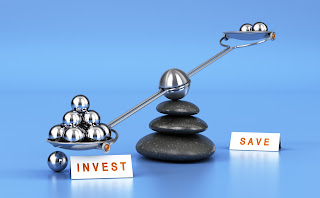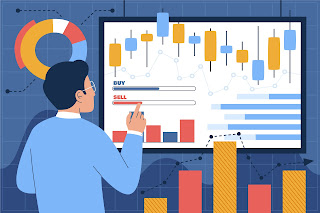A complete guide to Reverse Stock Split

A reverse stock split is an unusual but useful tool for companies to use. A reverse stock split is when the company reduces the number of outstanding shares in order to increase the value of the stock. Reverse stock splits are also used to raise money by issuing new stock to existing stockholders at a discounted rate. A reverse stock split can also be used to lower the number of shares a company has to issue as it grows. What is reverse stock split? Reverse stock split is a mechanism for decreasing the number of outstanding shares of stock in a company. In practice, it is more like a stock dividend in reverse, where a larger number of shares are combined into a smaller number of shares. For example, a 1:3 reverse stock split means that if you started with 1,000 shares and had a 1:3 reverse stock split, the day after the reverse stock split you would have 3,000 shares. When a company is doing poorly, it may choose to do a reverse stock split to boos...





